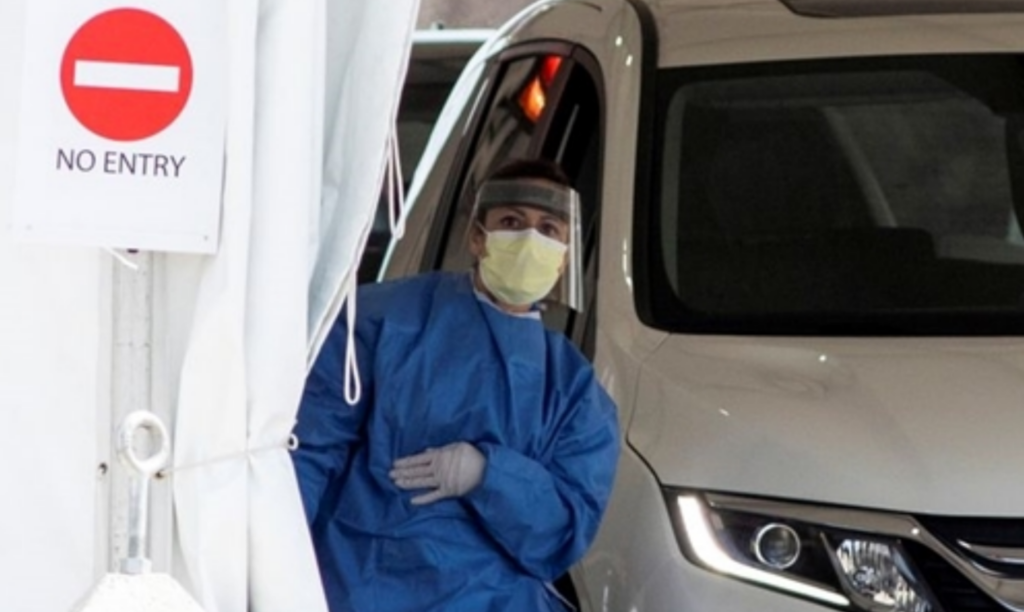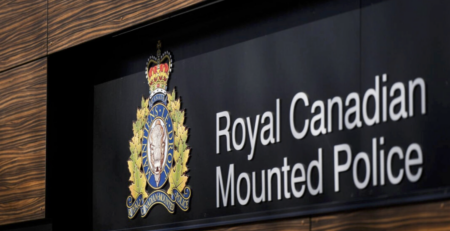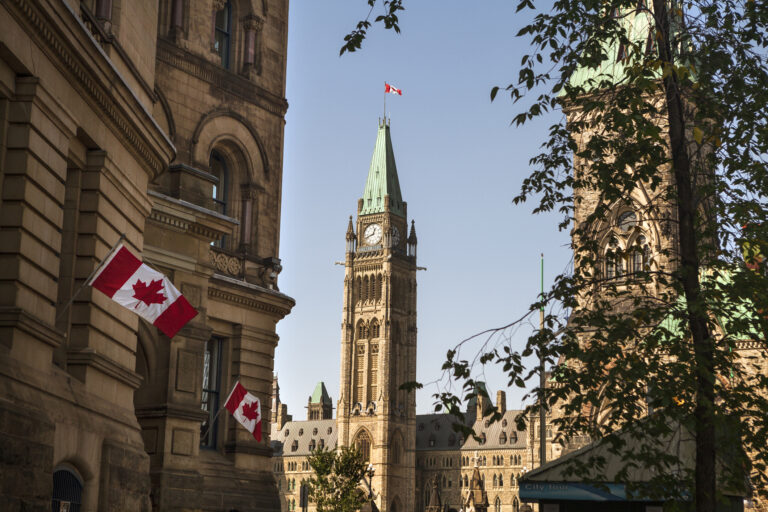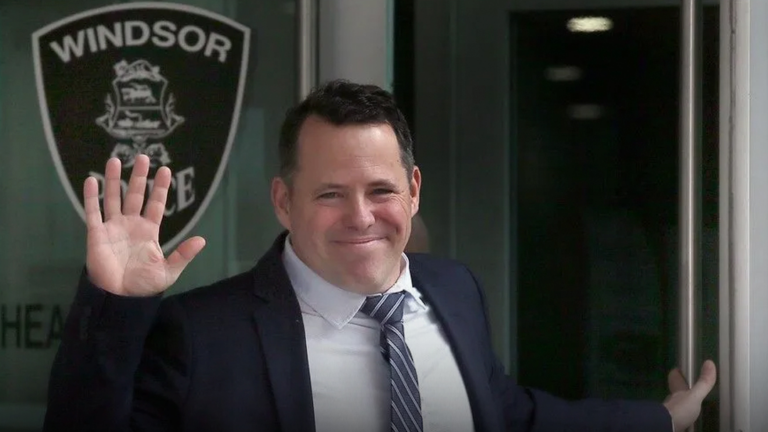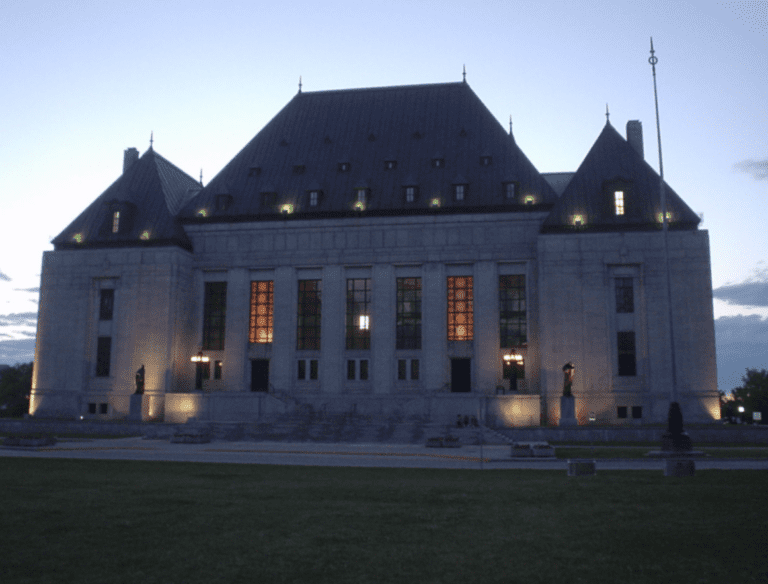John Carpay, The Post Millennial
Fewer Canadians are dying since the arrival of COVID-19 in Canada. That is the finding in a new legal analysis of lockdown measures, titled Flying Blind, based on government data and statistics.
In spite of politicians repeatedly warning us during the previous nine months that this virus is an unusually deadly killer, deaths in Canada actually declined from 190,000 to 187,000 in the first eight months of 2020, in spite of Canada’s larger population in 2020.
Even more interesting is the decline by 10,295 in deaths attributed to cancer, heart diseases, lung diseases, stroke, pneumonia and influenza in the first eight months of 2020. As 8,795 deaths with COVID-19 were recorded from January to August, there were 10,295 fewer deaths ascribed to these six illnesses, compared to the first eight months of 2019.
Canada’s federal and provincial governments are required by the Canadian Charter of Rights and Freedoms to consider carefully the harms as well as the benefits of any law or policy that violates our freedoms to move, travel, assemble, associate and worship.
While governments have created numerous “models” of virus infections and fatalities, they have failed or refused to produce models or projections regarding lockdown harms from cancelled surgeries, delayed MRIs and CT scans, suicides, and drug overdoses. Flying Blind delves into these harms.
Based on data from the Canadian Medical Association Journal, the Chief Public Health Officer of Canada, and Ontario’s Financial Accountability Office, Flying Blind reveals that at least 200,000 Canadians suffered the cancellation of their scheduled surgeries due to lockdown measures.
About 3,100 breast-cancer surgeries are performed in Ontario every three months. Like any serious surgical intervention, every one of these surgeries should be considered medically necessary.
But in the first quarter of 2020, only 2,266 breast-cancer surgeries were performed as Ontario cleared out hospitals to make way for a wave of COVID-19 sufferers that never came. Did the Ontario Government know, consider, or try to find out what the consequences would be for the hundreds of women whose essential surgery was delayed for months?
How many of these women have died? How many have had their conditions and prognosis worsen as a result of the delay?
In Ontario alone, more than 200,000 people did not receive timely MRIs and CT scans.
Assuming that other provinces provide the same level of diagnostic services as Ontario, and assuming that lockdown reductions in other provinces had a similar impact, it is entirely reasonable to conclude that 500,000 or more Canadians did not receive timely diagnostic procedures.
Did our compassionate politicians created models to predict deaths from cancelled surgeries and delayed diagnostic procedures? None have been produced to date.
According to the Canadian Cancer Society, every day no less than 617 people are diagnosed with cancer, which would be 37,534 diagnoses over a period of two months. If diagnoses are not provided, people still get cancer. When cancer is not diagnosed quickly, and when treatment is delayed, the consequences will be deadly.
UK scientists have warned that delays to cancer diagnosis and treatment due to lockdown measures could cause as many as 35,000 deaths in the UK. The UK has not quite twice the population of Canada, (66.7 million to 37.6 million). If our lockdowns have the same impact on Canadians that UK lockdowns have had on the British, then as many as 18,000 Canadians have died or will die of cancer, due to lockdowns.
Through cancelled surgeries and delayed diagnostic procedures, lockdowns have killed Canadians like 46-year-old Jerry Dunham in Medicine Hat, Alberta, 60-year-old Jasmine Yang of Surrey, BC, 50-year-old Chris Walcroft, 70-year-old Martin Hawdur in Ottawa, and 19-year-old Aaron Ogden of Yorkton, Saskatchewan.
Every year, approximately 4,000 Canadians commit suicide, one third of them aged 45-59. Lockdown measures increased unemployment from 5.6 percent in February to 13.7 percent by May, putting 2.7 million Canadians out of work.
The research of University of Calgary Professor Ron Kneebone demonstrates that a one percentage point increase in the unemployment rate increases the suicide rate by 2.1 percent. The 8.1 percent increase in Canada’s unemployment rate, multiplied by 2.1, means a 17 percent increase in the suicide rate. That means 680 additional deaths over the course of a year, based on the established rate of 4,000 suicides per year.
However, these 680 unemployment-related suicides exclude the impact of government-imposed social isolation. Millions of Canadians have been cut off from meaningful connections with friends, family members, team-mates in a sports league, co-religionists at houses of worship, and a multitude of fun interactions in various recreational activities and entertainment pursuits. There is no reason to doubt that lockdown measures have driven vulnerable Canadians to kill themselves, apart from the factor of rising unemployment.
But, as with cancelled surgeries, politicians have not produced any models to predict the increases in suicides that lockdowns would surely bring.
Since governments began violating Charter freedoms in March, opioid use has soared. In British Columbia 1,068 people died of opioid poisoning between January 1 and August 31, 2020, a 51.9 percent increase over the same period in 2019.
Meanwhile, only 208 British Columbians died with COVID-19 during this eight month period, less than one fifth of the number of opioid deaths. In Alberta 449 people died of opioid poisoning between January 1 and June 30, 2020, a 47.2 percent increase over the same period in 2019. The greatest increase in opioid deaths (307) came in the months of April through June.
Deaths from suicides, drug overdoses, cancelled surgeries, and delayed diagnostics should not be dismissed by politicians and chief medical officers who claim to be concerned about our well-being. These deaths are the direct result of draconian, ill-conceived lockdown policies that violate our Charter freedoms.


